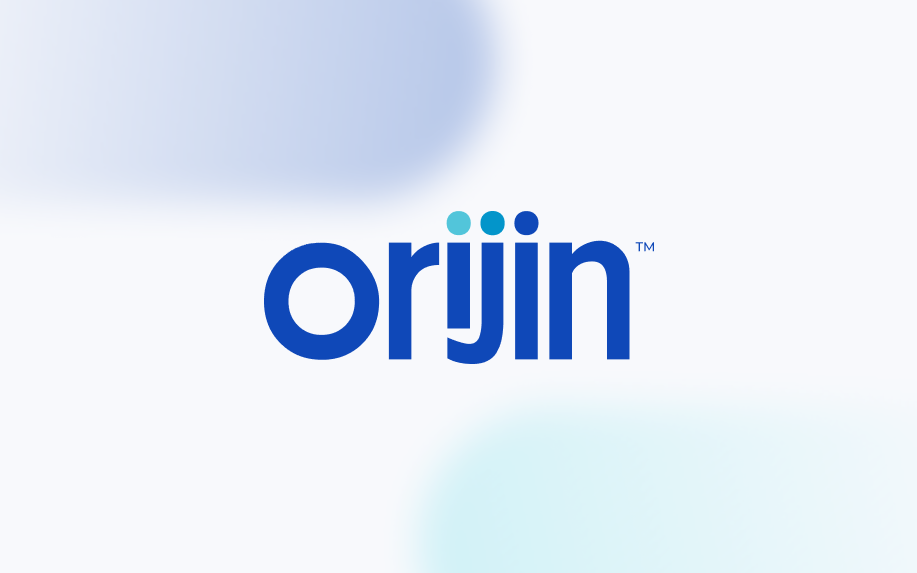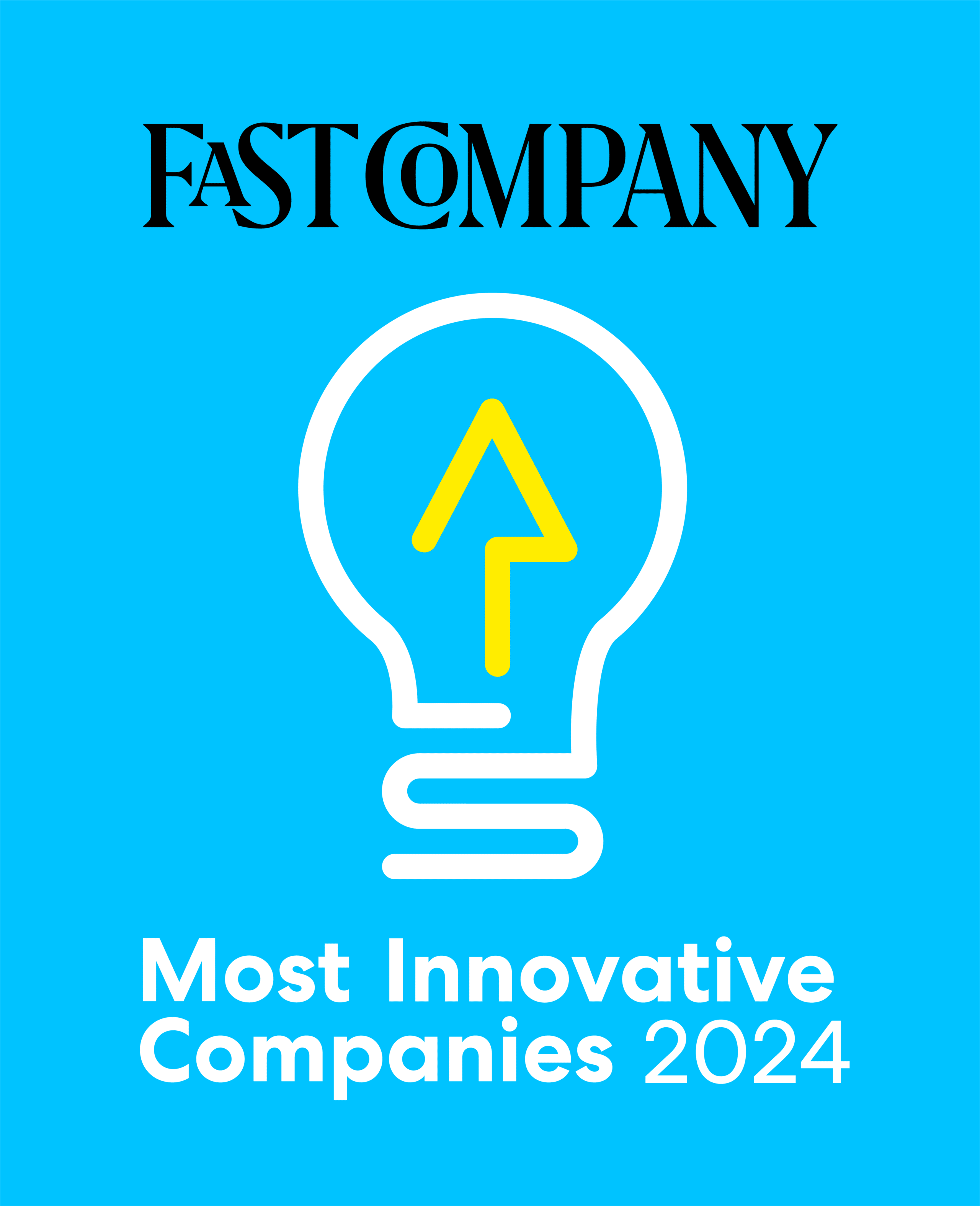It was the year 2020, as the country was in the throes of the pandemic, when Saulina Eady found herself alone in a Baltimore prison cell serving a four-year sentence. Being apart from her 4 children who were thousands of miles away in California, and not being exposed to enrichment, education, or people, triggered depression and trauma, she says.
To make matters worse, like so many other incarcerated women throughout the U.S. she faced disparities in terms of her ability to access space and correctional resources that were available for men in her unit.
“I did not receive any education when I was incarcerated in the first two years. I had to literally use my imagination to escape my conditions,” she recalls. “We were surrounded by male prisoners – so we had access to very limited areas. Women are deprived of access to opportunity much more than men.”
When Eady was transferred to a Washington DC jail, she encountered Dr. Amy Lopez, CEO of Past Edges Consulting, who introduced her to Orijin. Orijin is a robust and engaging educational learning platform delivered on secure tablet computers, utilized in hundreds of correctional facilities across the country. What Saulina discovered was that Orijin offered her more than just high-quality education; it also provided much-needed hope during the most challenging time of her life.
“Once I discovered the Orijin program, it was a game changer, a life changer. My time was so miserable up to that point. My PTSD and anxiety were out of order, and I had a few meltdowns,” she says. “It didn’t stop because of Orijin, but it reduced my stress levels greatly. To be able to see that somebody is not pulling my leg, saying – Oh yeah we’ll get it to you, and then by oh sorry by the way, we’re sold out. We’re booked, sign up for the waiting list. These types of ups and downs we experience in there only adds to the trauma. It triggers to know about the opportunity and not being able to receive it.”
Eady developed a close relationship with Dr. Lopez, who Eady said was “moving mountains” for justice-impacted people, and serving as an inspirational role model for women. Rather than sitting idly in a cell, she quickly became immersed in rich, engaging learning nearly round-the-clock. She would go on to complete 24 certificate programs in a wide-range of areas, from computer IT to interview skill-building.

“I was so determined to build that bridge to a job,” she says. “After 40 years of living in the city, and after so many years of being dehumanized, it was Orijin that helped me get out of prison one year early, enter the reentry for federal prisoners, and get a job in LA county.”
– Saulina Eady
“Dr. Lopez took to the people who wanted to change. As far as education, she gave people that second chance that others talk about but, they don’t really give us,” she says “She was actually living and breathing it – giving an outlet to help the incarcerated population in DC.”
Eady was drawn to Orijin’s mission of preparing justice-impacted for sustainable careers upon re-entry. She gravitated towards computer IT as a career track due to its high starting salary. She understood that boosting her academic and job-readiness skills would play a pivotal role in overcoming the major hurdles formerly incarcerated people face when finding a job, including stringent background checks, and the stigma attached to having a criminal record.
“It’s very competitive out there. My goal was to not have to experience the trauma of being rejected for a job again. Even though I got into trouble, I always tried to get out of trouble by bettering myself, but I was not able to secure that because I had a felony on my record,” she said. “So I learned how to interview, fill out job applications, on-the-job behaviors, to prepare me for a job when I got out. Orijin gave me the opportunity to put together a plan, how to budget, and learn financial planning, which I still use today.”
Through the correctional facility’s earned-credit program, Eady was released one year early. Upon her release, she applied three times to LA County, yet was denied three times, due to not passing background checks.
Yet, she was determined to overcome these obstacles. Then, one day, she attended a community meeting in a local church with other justice-impacted women. She stood up and shared her story in front of over 100 people. One attendee happened to be a senior administrator in Los Angeles County. The rest is history. Today, Eady serves as Clerk for Los Angeles County, and is continuing her training to join their IT department to pursue her true passion.
“I was so determined to build that bridge to a job,” she says. “After 40 years of living in the city, and after so many years of being dehumanized, it was Orijin that helped me get out of prison one year early, enter the reentry for federal prisoners, and get a job in LA county.”
For Eady, and many other incarcerated individuals, the access to high-quality education, combined with skill-building and enrichment, provided a desperately needed outlet while behind bars.
“The access to education is tremendous because you are talking about people’s lives, and people trying to change their lives from getting off the hamster wheel of criminal activities – because they don’t have the opportunity to get off the wheel. Some people don’t want to get off the wheel, we know that,” she says. “There are so many other people who just want a chance. You are getting a piece of the world that you need, which you may not get when you’re by yourself through education. ”
Unlike many other telecom companies, which charge exorbitant rates for access to communications and digital programs, Orijin is free of cost to incarcerated people. According to Eady, this aspect of Orijin empowered her to immerse herself in education, without the fear of incurring debt or creating a financial burden for her family and loved ones.
“It’s so important that it’s free. A lot of times people go in and they don’t have the money or they run out of money very fast – because every day there is a huge mark up. Sometimes, you see up to 1,000% mark-up,” she said. “Some people are worried about their children, their life on the outside, and it can become an angering situation from the inside when you don’t have the money to make a call. Someone can lash out. These are all things that are tied into that root source.”
According to the Bureau of Justice Statistics, there are approximately 2 million incarcerated people in the U.S., and every year, 600,000 re-enter society. Approximately 60% of those leaving prison, and re-entering society are unemployed one year later. Orijin prepares justice-impacted people with education and skills that are aligned with workplace needs in order to help break the cycle of incarceration.
“We should see this as an opportunity to recreate the wheel of life for an entire population,” Saulina says. “What do you want to see in America? We want to see people who know current events, how markets are moving, people who can make semiconductors. You need all of these people to do all of these things. Instead of outsourcing all of these valuable jobs, find some value in these people that are broken and beaten down. I guarantee you’ll find some of the greatest people, some of the greatest workers. Why beat them down? Let’s lift them up!”



